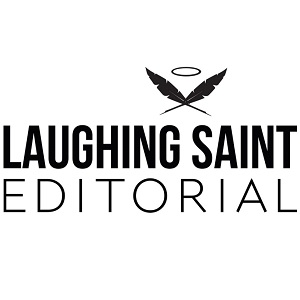Not long ago, I was helping one of my typically insightful, creative, funny, charming, kind, and fascinating clients with a resume. She had graduated from college with a degree in history, and thanks to some dazzling internships at New York museums that are world-famous, she'd ended up at the right place at the right time to be recruited to a modeling agency. Who wouldn't? But after a while, she wanted to get back into a steadier job, so it was time to put together the requisite documents for going out on the job hunt. She came to me from a third-hand recommendation, and I prepared a LinkedIn profile and resume for her that helped to highlight her talents as a researcher and analyst.
During one of our initial conversations, she expressed some concern about the length of her resume. It was bleeding onto a second page. "How long should it be?" she asked.
The answer, as always, was, "It depends."
Have you been working in your field for more than 10 years? Then your resume can be a bit longer. Less than that, and you're in a grey area until you hit about the 5-year mark. Anything below 5 years, and I say that it should be on one page. This is mostly because recruiters who are hiring for the kinds of positions that you'd be applying for aren't looking for your whole career history; they just need to know if you have the requisite skills and seem to be a safe bet, and they will make that determination very quickly. That's why it's important to fit your most-essential information onto one page.
What are others in your field doing? Search Google Images for examples of resumes in your field. Do people with your amount of experience typically have 2-page resumes? If so, then it's probably safe to let your resume be 2 pages long. If not, then 1-page is the way to go.
Let's say that your resume is 2 pages long but shouldn't be, according to those two criteria. What can you do to trim your resume down?
Use margins strategically. Your resume doesn't need to have 1" margins. Expand those to .5" margins on all sides. You just gained 2 more inches of space.
Adjust font size and style. Don't go below 11-pt font for text, but perhaps the lines between paragraphs could be 8-pt. And some fonts require more space between letters than narrower fonts. Find the option that prioritizes readability but also doesn't require wasted space.
Get your priorities straight. You might want to brag about this or that accomplishment, but is it going to demonstrate the quality of your fit for the positions that you're applying to? If not, it's on the chopping block. Start eyeing your job duty descriptions with the same critical eye: if there's any verbiage that doesn't clearly and directly connect to the position descriptions for the jobs that you're applying to, it can go. Similarly, know what needs to stay. Be strategic about what you cut so that you're trimming fat that isn't related to the job description at hand.
Have someone else read your resume. Tell them to look for wordiness, and maybe ask for their help in rephrasing things. You might think that there's only one way to word something, but asking for fresh eyes to review your resume can help you trim out unnecessary words.
Of course, if you need help creating a resume that speaks to your audience and reflects your strengths, you can always ask me for help. I work on resumes for anyone from C-suite clients to their interns. If you're in a rush, though, you can use these tips to give your own resume a bit of polish.
